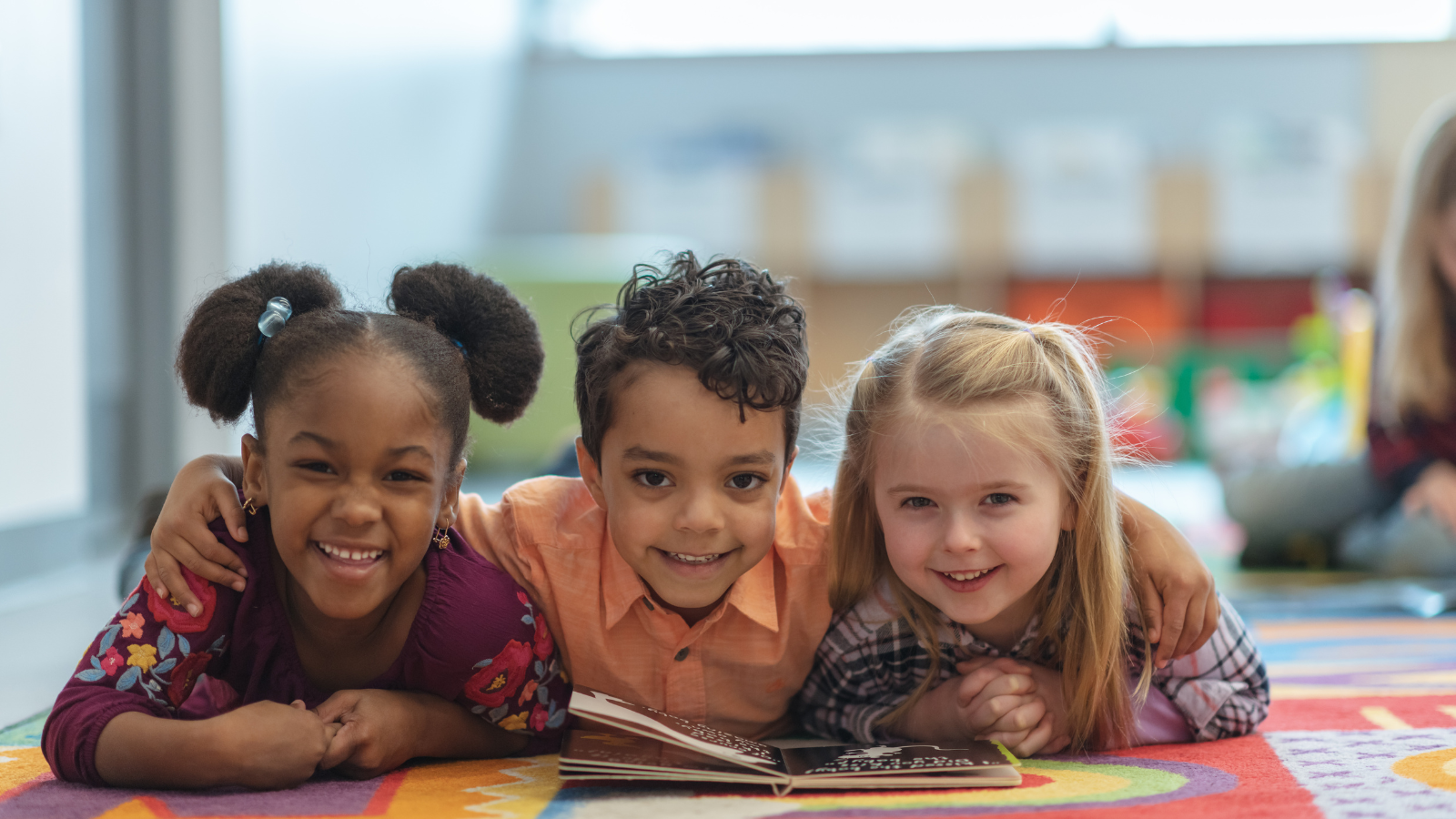On 27th September 2022 in Berlin (Germany), COFACE Families Europe and the Association of German Family Organisations are co-organising a European expert meeting on the implementation of the EU Child Guarantee.
By calling on EU Member States to guarantee access to basic rights and services for children in need and their families, the Child Guarantee represents a pivotal and timely instrument to enhance the protection of children experiencing poverty and social exclusion. Moreover, it lays the foundation for a stronger social and equity-driven Europe. Over the last months, it has been up to each EU Member State to draw up their Child Guarantee national action plans to outline how the framework will concretely be implemented in their respective countries until 2030.
The war in Ukraine and the ensuing crisis show again that it is by consolidating family support systems, based on a mix of resources, services, and leaves that are accessible to all families without discrimination, that the European Union will be resilient and strong enough to absorb shocks.
The expert meeting will bring together national and European stakeholders from 15+ countries to:
- examine the measures highlighted in the national action plans on the Child Guarantee to boost family support;
- study policy and service solutions to enhance child and family well-being;
- bring together family policymakers working to improve outcomes for children and their families;
- boost the implementation of the European Pillar of Social Rights Action Plan.
To kick off peer exchange discussions, and in the presence of Child Guarantee coordinators and a representative from DG Employment, Social Affairs & Inclusion of the European Commission, government delegations from Germany, Czech Republic, Spain, and Sweden will present their implementation strategies for the Child Guarantee.
Photo: ©Getty Images Signature via Canva.com





